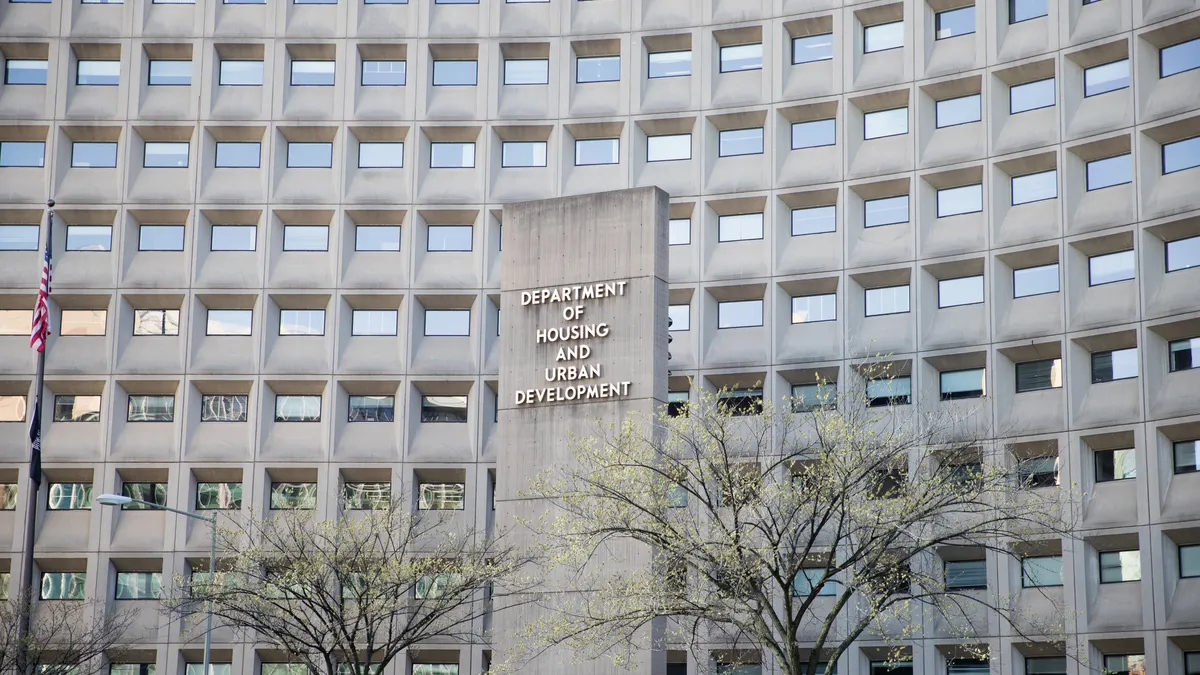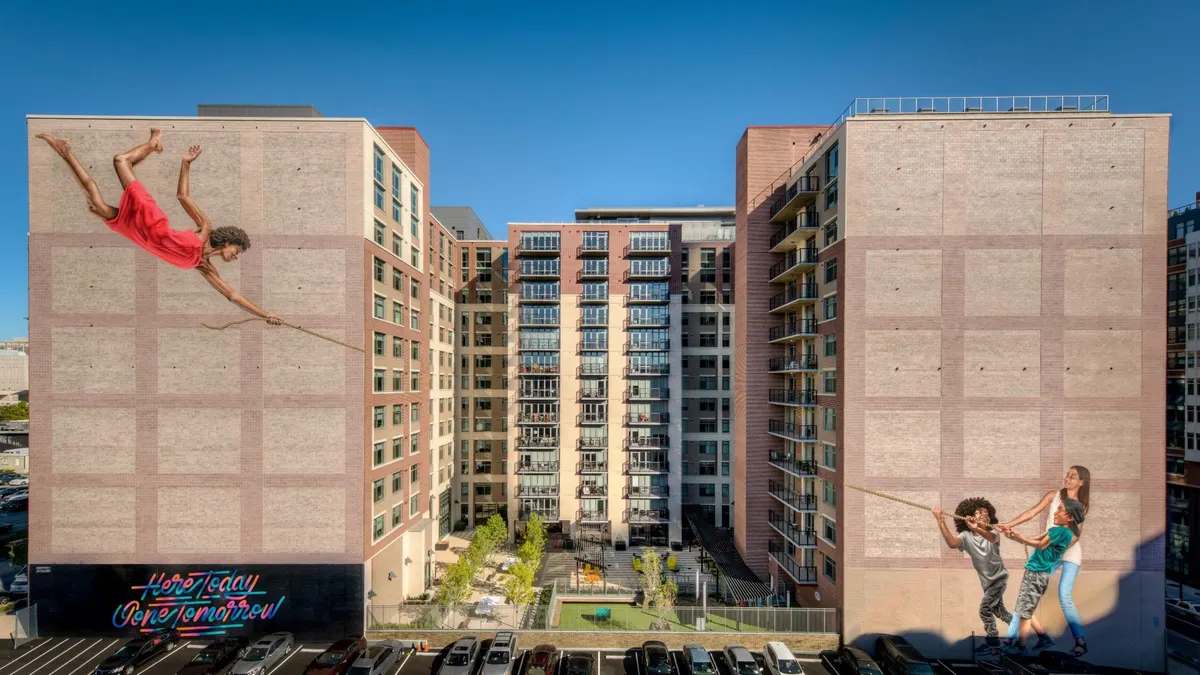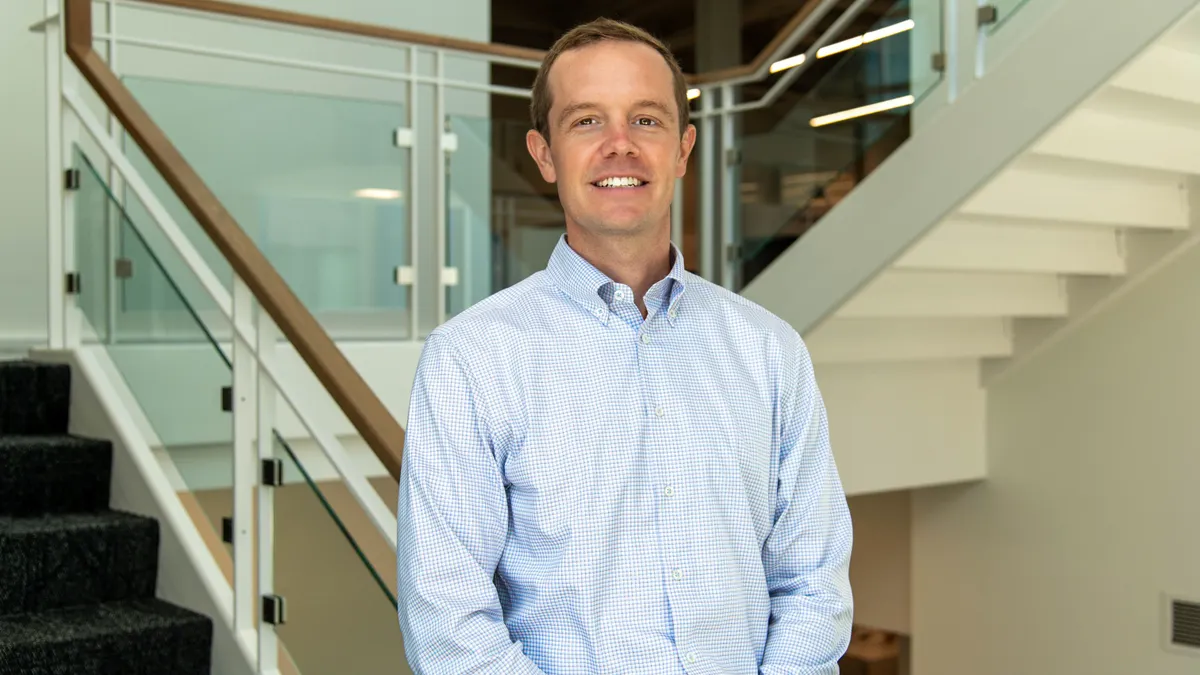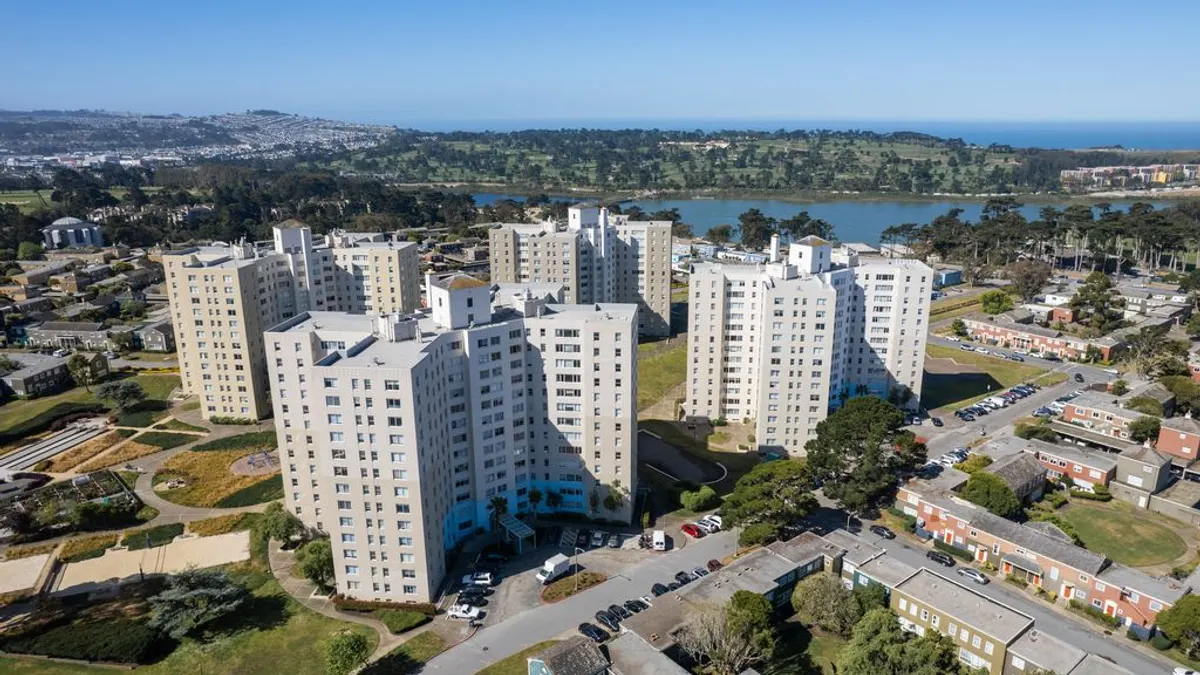Melissa Schopen owns eight multifamily properties in Longmont and Lyons, Colorado, and she’s seen it all — from heroin overdoses to fentanyl distribution to a woman who went after her husband with a box cutter and a baseball bat. “There were holes in the walls,” she said of that incident, “and blood all over the apartment.”

Fortunately for Schopen, the residents who broke the law in her buildings had signed leases with a crime-free addendum provided by Longmont Crime Free Housing, a free program designed to help rental owners keep illegal activity from happening on their property. Similar to an addendum mandated in federal public housing, the crime-free addendum makes illegal activity by any resident or guest grounds for immediate eviction.
“If they commit a felony at the unit, that’s it,” Schopen said. “They get a three-day notice to evict. There is no talking to me. There’s no nothing.”
Longmont is one of about 2,000 cities in 44 states that participate in the Crime Free Multi-Housing Program, which was developed by the police department in Mesa, Arizona, in 1992. About 230 single-family and multifamily rental properties voluntarily participate in the Longmont program, which coordinator Sara Aerne, a master police officer, has been running since 2010.
The program starts with a one-day seminar for property owners and managers on topics such as working with the police, warning signs for illegal activity, crime-prevention strategies and resident and employee screening. In the next phase, officers from the Longmont Police Department perform security evaluations of rental properties, followed by community events to establish apartment watch programs similar to Neighborhood Watch, which unites law enforcement agencies, private organizations and citizens to reduce crime and improve communities.
The community events are an opportunity for residents “to ask police random questions and build trust within the community,” Aerne said. “This triad of police, the community and management end up working together.”
For Michelle Willson, who manages 210 units at Ute Creek Apartments in Longmont, those relationships make all the difference. “Really, the hardest part of this industry is just that you want to be able to provide the very best community that you can,” she said. “It’s not just taking care of the breezeways and the shrubs and making sure there’s no mold and things like that. It’s more like being a mini mayor, and working together with the police helps us provide that because they’re more aware of what’s been going on.”
Relationship building
Violence, property crimes and drug offenses increased in major U.S. cities during the pandemic, according to the Council on Criminal Justice’s mid-year 2022 crime report. Some cities, including Milwaukee, Wisconsin; Raleigh, North Carolina; Pittsburgh; and Atlanta, have seen a dramatic rise in homicides as gun violence has surged nationwide.
For instance, homicide and gun assault rates in major U.S. cities remain substantially higher than prior to the pandemic. Although the number of homicides in major U.S. cities declined by 2% in the first half of 2022 compared to the first half of 2021, the homicide rate is still 39% higher than it was during the first half of 2019, before the COVID-19 pandemic, the report found.
In addition, Americans bought record numbers of firearms in 2020 and 2021, and there are now more guns than people in the United States — an estimated 400 million of them, according to The Washington Post. Shootings have surpassed car accidents to become the leading cause of trauma-related deaths in this country, according to the American Hospital Association.
Given those statistics, multifamily property owners and managers can be fairly certain at least some residents in their buildings keep guns — whether purchased legally or not — in their units. And as a result, maintaining safety for everyone who lives on their properties is an increasingly urgent task.

“We’ve seen violent crime rates increase, but we’ve also seen other types of crimes — break-ins, burglaries and other things like that — drop,” said Paul DelPonte, executive director of the National Crime Prevention Council. “I think a lot of people have attributed the increase in violent crime to uncertainty, mental health issues and other things associated with the pandemic, and the same can be true of the drop. People have been home more. They’ve probably gotten to know their neighbors more. There’s a bigger sense of community since you couldn’t go anywhere else.”
Neighbors taking care of neighbors is one of the keys to preventing crime, DelPonte said, along with keeping properties neat and clean and having good locks and security cameras, ample lighting and well-maintained landscaping.
One of the first things DelPonte recommends is that property managers call their local police precinct and invite an officer from the crime-prevention unit to look at their property and advise them on steps they could take to deter crime.
“That does a couple of things,” he said. “One, it gives them good information from a reliable source, and two, it starts creating a relationship with the local precinct.”
Law enforcement officers are likely to respond more quickly to calls from property managers they’ve met, DelPonte said, and are often happy to return to conduct crime-prevention seminars for residents, as well.
“The frustration a lot of people feel when you talk about crime is this perpetual belief that there’s nothing they can do to stop it,” he added. “But that’s not true. And we know that’s not true. There are things people can do that will help prevent crime. You just have to point them in the right direction.”
Steps owners can take
While he acknowledges that owners and managers can’t prevent all crime, Atlanta-based personal injury attorney Matthew Stoddard of The Stoddard Firm agreed with DelPonte that they can do a lot to make their properties safer. In addition to hiring security guards and installing entry gates, property managers need to do background checks on potential residents before they move in and on current residents once a year (though background checks have become a hot-button political issue in certain areas of the country). “You don’t let people with murder convictions live at your property,” he said.

Brent Sobol, founder of Orlando, Florida-based Legacy Community Housing Corp., a nonprofit that educates the apartment industry on crime-free housing best practices, said that safety requires ongoing attention.
“Many owners think they can do a cleanout, and then everything will be fine,” Sobol said. “But I’ve found that when the bad guys get out of jail, they come right back.”
Schopen, the Colorado owner, runs criminal checks on everyone who lives in her buildings and refuses to rent to anyone who has outstanding arrest warrants or been convicted of sex crimes or manufacturing and distributing methamphetamine. People with nothing to hide are happy to submit to the background check, she said, and “people who don’t probably have something they don’t want me to see.”
The background checks go a long way toward making both potential and current residents feel safer, Schopen added.
They also protect landlords, said Stoddard, who pointed out that multifamily owners and managers can be held liable for exercising reasonable care to keep their properties safe.
“Once you become aware that there is a crime problem, you have a duty to deter it,” Stoddard said. “Putting your head in the sand doesn’t work. The actual standard is not, did you know, but whether you should have known. If there’s a problem, anyone worth their salt who’s suing the apartment will be able to prove that you at least should have known about it. And from there, what did you do to deter it?”
















